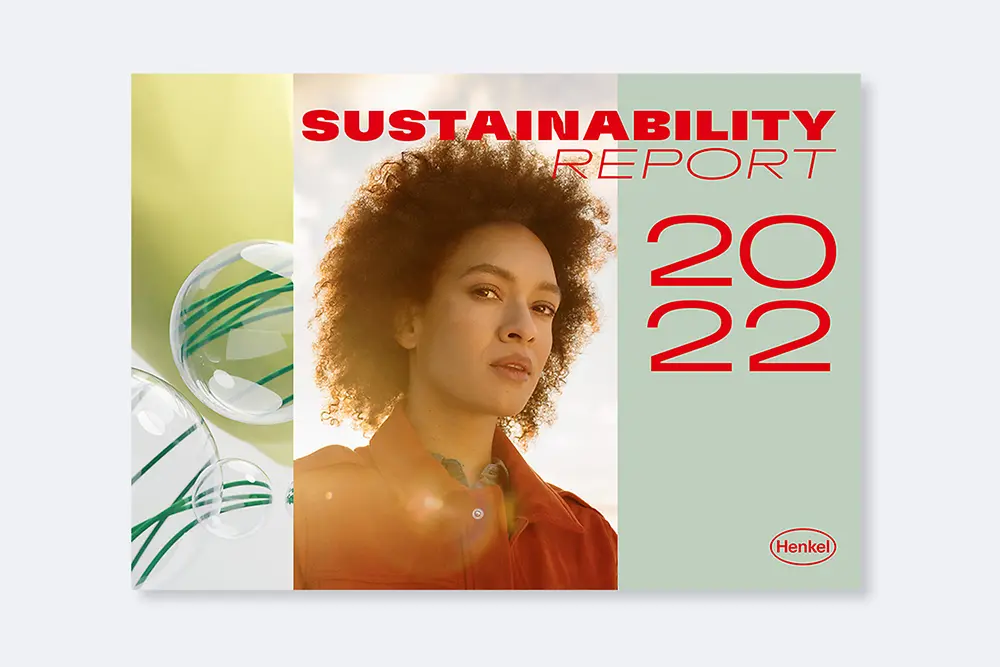Henkel has been focusing on sustainability in packaging for several decades: All of the company’s packaging is designed to meet consumers’ expectations while using the least possible amount of material – and the most sustainable materials. Reflecting the three key phases of a circular value chain, Henkel’s new strategic framework represents a holistic approach. It underlines the company’s ambition as a leader in sustainability to drive progress toward a sustainable future together with its partners from across industries.
“It is more important than ever for companies, consumers, governments and other organizations to drive progress toward a circular economy. Only by reusing and recycling as much material as possible will we be able to live well within the resource limits of our planet. This concept is at the heart of our approach to sustainable packaging,” says Kathrin Menges, Executive Vice President Human Resources at Henkel and Chair of Henkel’s Sustainability Council. “Together with our partners along the entire value chain, we want to include materials from sustainable sources into smart designs to close the loop – for the benefit of people and the planet.”
Henkel’s new framework for sustainable packaging reflects the three key phases of a circular value chain. Each of these phases is translated into specific actions:
Progress toward sustainable packaging will only be possible if organizations from across industries and along the value chain work together. That’s why Henkel is collaborating with a variety of partners to drive innovation in packaging development and promote improved recycling infrastructure. For example, the company is participating in the New Plastics Economy – an initiative led by the Ellen MacArthur Foundation that brings stakeholders together to rethink and redesign the future of plastics and build momentum toward a circular economy. Henkel is also partnering with the Plastic Bank, a social enterprise aiming to stop ocean plastic and provide opportunities for people in poverty by giving them a chance to earn money or services by removing plastic waste from their local environment. The plastic collected is made available for recycling.
Further information on Henkel’s approach and targets for sustainable packaging can be found at www.henkel.com/sustainability/positions/packaging.
* excluding adhesive products where residue may affect recyclability












